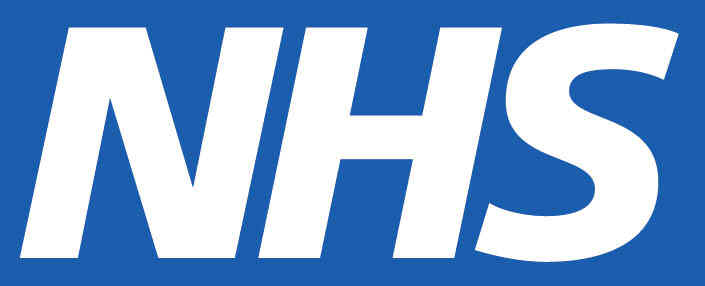SCOTTISH health bosses have warned NHS staff to prepare themselves for an increase in patients needing treatment because of financial worries.
Family doctors in Glasgow are being flooded by patients claiming their health has been affect by cuts to their benefits.
Nurses and health visitors have also noticed a sharp increase in patients struggling to cope with illnesses brought on by the worries and stress of money.

GP’s have now been told to prepare for a further surge in demand as new welfare reforms are to be pushed through this year.
This warning is contained in a letter sent by health chiefs to frontline NHS staff in Greater Glasgow and Clyde.
The letter states: “The impact of these changes will be far reaching and practitioners are reporting increased demand for services as a consequence of financial worries.
“We expect increased demand for mental health and primary care services and there is likely to be a negative impact on carers.”
Several benefits have already been scrapped or reduced over the past two years including maternity grants, winter fuel payments and child benefit.
Social funds and crisis loans which are issued to people who need urgent help to survive are also planned to be scrapped.
Everyone who is on incapacity benefits or receive disability living allowances will have their cases reassessed.
Doctor officials warn the number of people being affected is leaving the health staff overwhelmed while politicians and charities feel the future for patients is bleak.
Dr Andrew Buist, of the British Medical Association, said: “We recognise some of the rationale for the reform of welfare.
“However, it has the potential to impact greatly on the people of Scotland.
“It is highly likely the reforms will have a significant impact on general practices, especially those with many patients in receipt of incapacity benefits.
“A reduction in income may lead to poorer quality of health for individuals and increased health inequalities for our nation as a whole.”
Peter Kelly, director of the charity Poverty Alliance, claims that the “perfect storm” of austerity measures and welfare reforms was pushing many people top breaking point.
He said: “The main issue is the impact the changes have had on people’s mental health.
“Medics have spoken of increased levels of stress among patients.
“If people on low incomes are forced to choose between hearing their homes and feeding themselves, their diet may become poorer.
“That could lead to ill health.
“Children in poor families will suffer the most. We also expect to see an increase in crime as well as alcohol and drugs misuse.”
Dr Lind de Caestecker, from NHS Greater Glasgow and Clyde, feels the reforms could have an adverse effect on the most vulnerable households.
She said staff will be asked to offer poorer families with advice on how to cook “nutritious meals on a tight budget” and the health board was working with the councils, charities and the Scottish Government to help people cope.
A spokesman for the Department of Work and Pension said: “Our reforms are helping people move off welfare support and into work.
“In difficult economic times we’ve protected benefits for pensioners, carers and disabled people so they rise with the cost of living, and our biggest reform, Universal Credit, will see
over 3 million families being better off by around £168 a month.
“We’re working with councils to ensure people are aware of changes and are not unnecessarily worried by the scare stories.”

